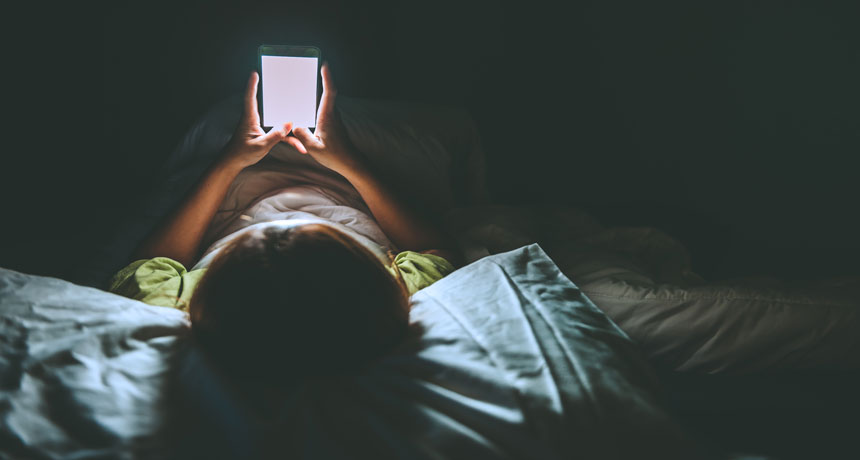

There’s almost nothing better in this world than sleep (and maybe pizza). Sleep is one’s best friend and on March 15th, 2019 it is World Sleep Day! You can celebrate by catching up on some much needed Zzz’s and becoming more aware of the importance of sleep health. Like a good diet and exercise, healthy sleep habits are crucial to develop and often difficult to establish and maintain. Regular and adequate food, water, air and sleep are all critical for your psychological health and general well being. So what happens when life gets too hectic and it seems like there aren’t enough hours in a day to accomplish everything you need to? Something we are all too familiar with and guilty of: staying up late or even pulling an allnighter (or two)! The romanticism of working late nights is perpetuated by popular culture despite the fact that the dangers of sleep deprivation can be fatal. Students, working professionals, and parents can find themselves stuck in a monotonous rhythm of deadlines and obligations leaving little time for themselves to practice self-care and healthy sleep habits. Contrary to popular belief, after many nights of sleep deprivation, our bodies become desensitized to the natural sleep signals which cause you to not feel sleepy. The effects of short term sleep deprivation are: reduced mental effectiveness, poor consciousness, decreased problem-solving, alertness, creativity and increased errors and accidents. In fact, over 8000 deaths in Canada over a 10 year period are attributed to sleepiness while driving. The long term effects of chronic sleep deprivation are increased risk of heart disease, obesity, diabetes, mood disorders, poor metabolism, and a weakened immune response among various other illness.
Of course, the sleep advice given above may work for some better than others, and as with anything, it is important to know what works for you and what doesn’t. However, with good regular sleep habits, you will experience better overall health, cognitive alertness, better on the job and academic performance, increased motivation and improved moods. You will do better and others around you will appreciate a fully present YOU!